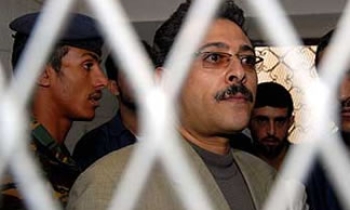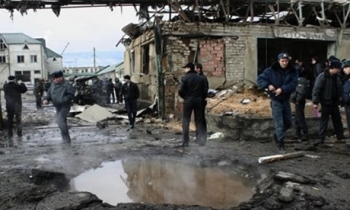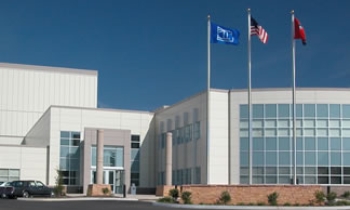Opposition-aligned Venezuelan TV channel RCTV has been allowed by the country's Supreme Court to remain on cable, just hours before a government-set deadline that could have removed it from the cable lineup.
The Supreme Court of Justice said in a statement Wednesday that it suspended the telecommunications commission's order for Radio Caracas Television and other cable channels to register as national producers, a category that would require them to interrupt programming to carry some of President Hugo Chávez’s speeches.

The court, selected by the Chavez-dominated National Assembly, has managed to defuse a political standoff and opened the way for it to consider which cable and satellite channels should be bound by rules requiring domestic stations to transmit government-mandated programming, the Associated Press (AP) reported.
RCTV, the country's oldest private channel, began transmitting by cable and satellite about six weeks after Chávez forced the station off the air in May by refusing to renew its broadcast licence, a move that prompted protests by opponents who called it a blow to free expression.
Two weeks ago RCTV began broadcasting again over satellite and cable and moved its headquarters from Caracas to Miami, renaming itself “RCTV International.” Although RCTV has its office in Miami, its programming is created from its studios in Caracas and maintains the same programming that it had when it broadcast over the airwaves.
Last week, Telecommunications Minister Jesse Chacón said RCTV must register as a national broadcaster before the National Telecommunications Commission (CONATEL) in line with the 2004 Law of Social Responsibility in Radio and Television. This would have compelled RCTV to broadcast a certain amount of nationally produced programming and children’s shows and carry President Hugo Chávez’s cadenas — his nationwide simultaneous radio and television broadcasts — live.
Helena Salcedo, Vice Minister of Communicational Management, told venezuelanalysis.com that all nationally produced television channels, whether cable or broadcast over the airwaves must register with CONATEL and follow the regulations. "Since 2004 many cable television channels are going through this process. So I don't understand why some people have to have a carte blanche. The law is for everyone. It doesn't make exceptions," said Salcedo, who accused RCTV's lack of compliance to be another "destabilisation attempt."
Cavetsu, which represents Venezuela’s cable providers, filed a request with the Supreme Court to prevent the removal of RCTV from its programming, in “the protection of diffuse and collective interests.” According to Cavetsu, as long nationally and internationally produced audiovisual broadcasting is not clearly defined, it should not be forced to remove RCTV from its cable offerings, venezuelanalysis.com reported. The constitutional chamber of the court agreed and told the ministry that as long as the types of broadcasters were not clearly defined, its order to take RCTV off cable was rescinded.









